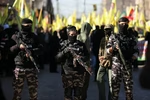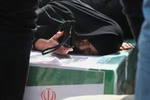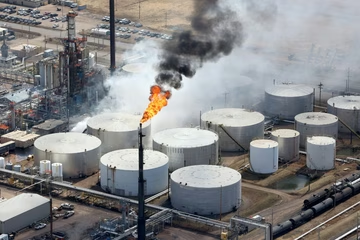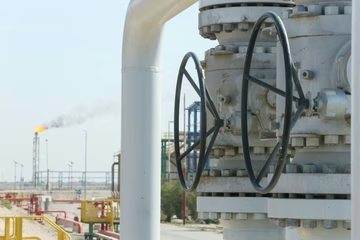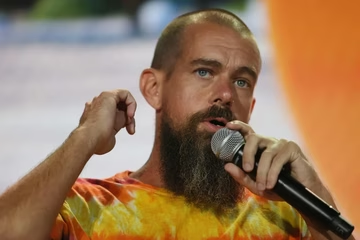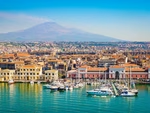Migrants in Bosnia's Vucjak camp welcome first snow in flipflops
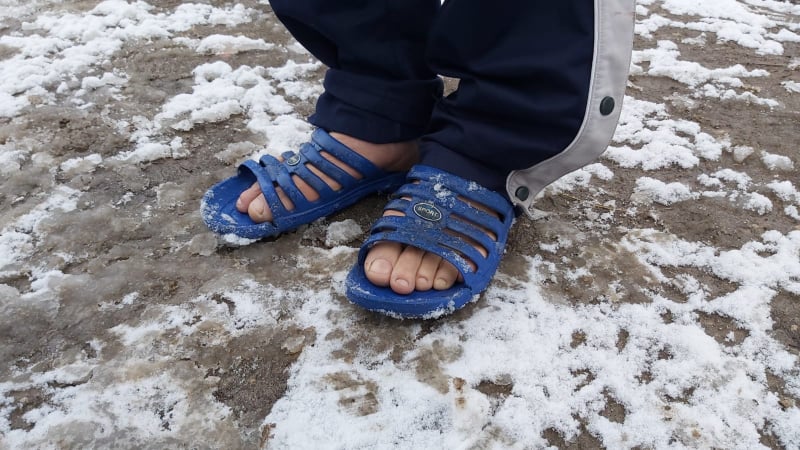
Hundreds of migrants places in the improvised migrant centre Vucjak near the northern Bosnian city of Bihac have been freezing for weeks, and the arrival winter made the situation even worse.
Oglas
Some tents have collapsed under the snow and migrants welcomed the first snow of 2019 in flipflops.
https://twitter.com/N1infoSA/status/1201754974751002624
According to the latest information, some 600 migrants reside there and they as well as Bihac residents expect the relocation to a new camp near the capital of Sarajevo, but the authorities still have no idea when that could happen.
Oglas
https://twitter.com/N1infoSA/status/1201753771317051392
One of the migrants in Vucjak, Ariya Shams, told N1 that conditions are severe.
“We are in very bad conditions. there is snow and the summer is very hard. There's no place to sleep and everything is bad. Very bad conditions. We need help from European countries. my name is Ariya Shams from Afghanistan. I spent five years travelling to Europe but they did not receive us. We are poor and that is why we are going to European countries,” Shams said.
He claims their families are surrounded by war and fighting and that is why they are fleeing for Europe.
Oglas
https://twitter.com/N1infoSA/status/1201772117001408513
Council of Europe's Human Rights Commissioner Dunja Mijatovic came to Bosnia to visit the improvised migrant centre Vucjak as well as Bira and Sedra shelters in Bihac and Cazin, as well as the Usivak migrant centre near Sarajevo.
During her visit, Mijatovic will hold meetings with representatives of state and cantonal authorities, as well as international organizations and non-governmental organizations dealing with migration.
She will present her preliminary observations at a press conference scheduled for December 6.
Oglas
The northern Bosnian towns of Bihac and Velika Kladusa were hit the hardest with the migrant crisis affecting Bosnia after Hungary and Bulgaria raised hard borders, preventing them from coming into their countries on their way to western Europe, thus effectively cutting the “Balkan route.”
The migrants are entering Serbia and from there crossing into Bosnia, in an attempt to enter the EU via the Bosnian-Croatian border.
After the EU and Croatia invested heavily in Croatia's border police, the migrants found themselves stuck in Bosnia. Bosnian authorities now fear the EU measures will make the country into a permanent migrant hotspot.
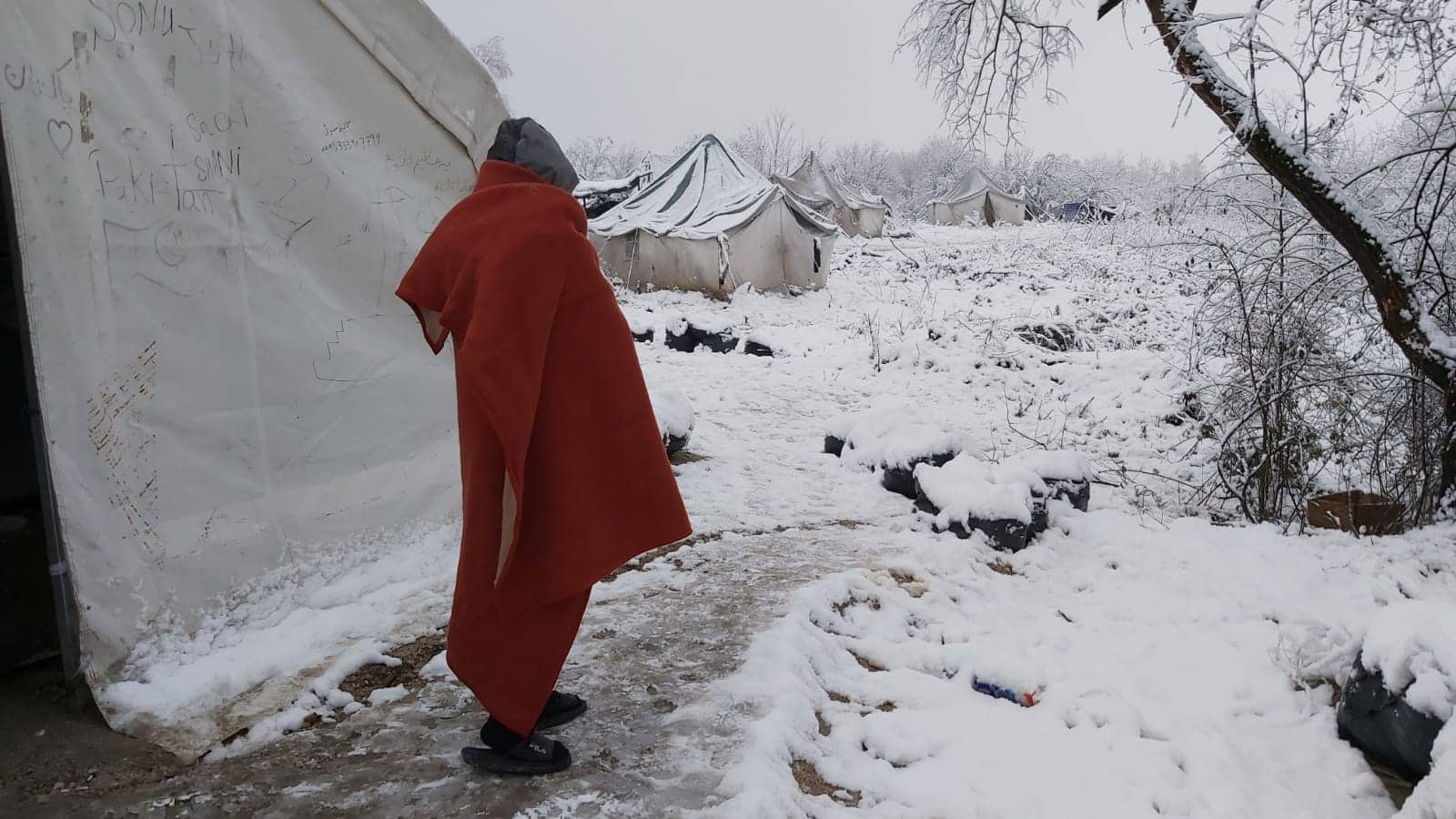
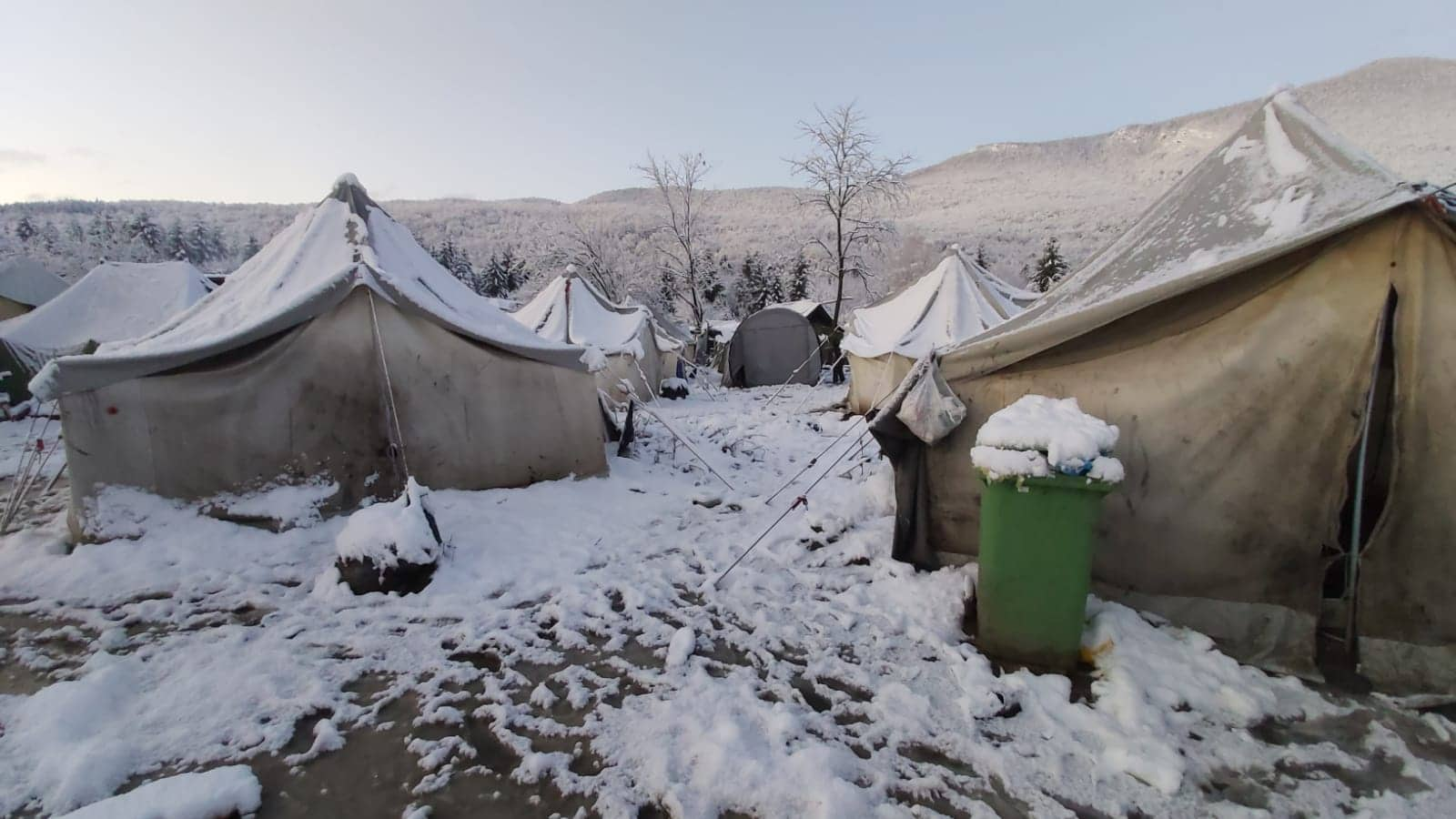
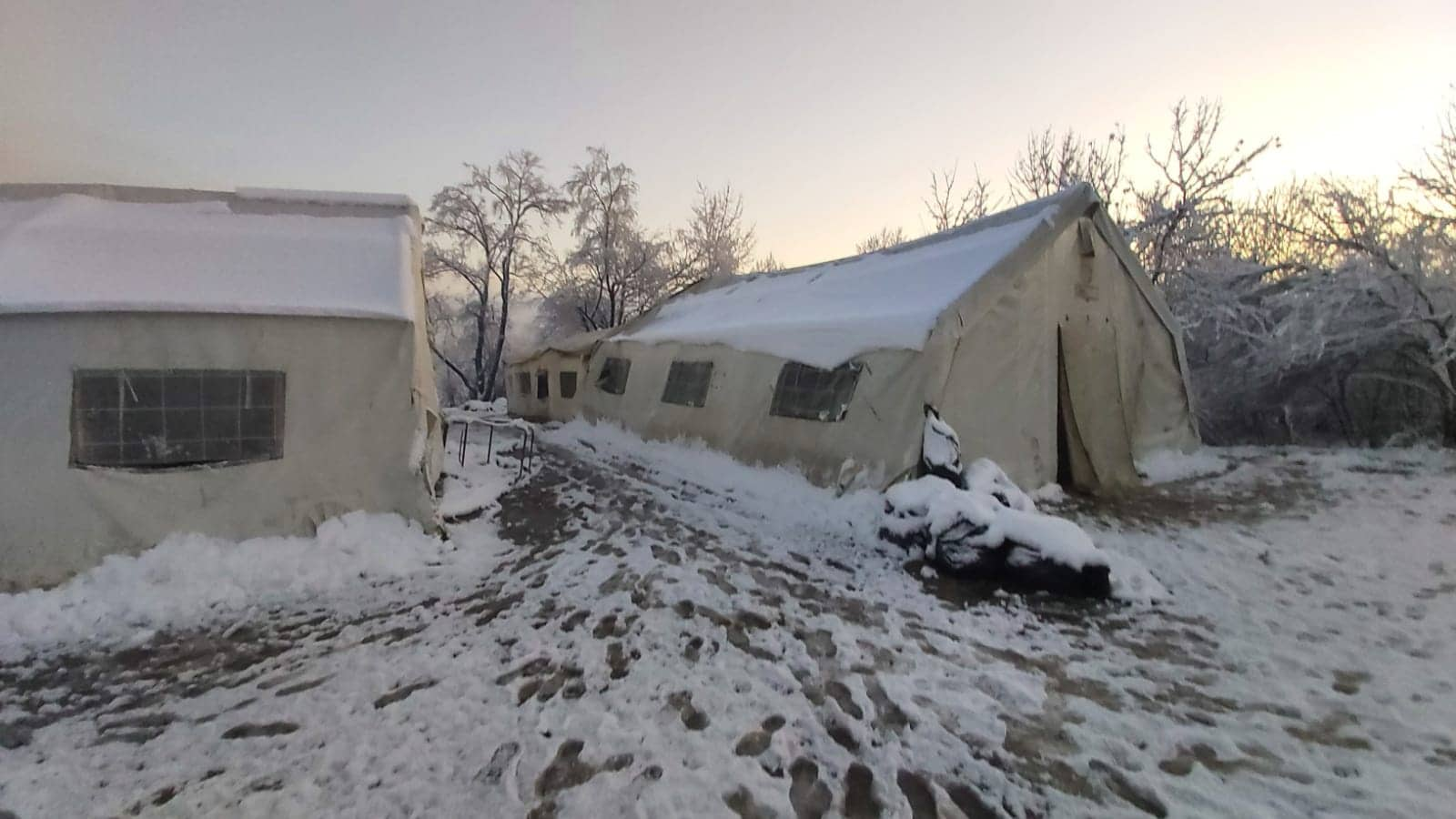

N1 | N1
Više
N1 | N1
Više
N1 | N1
Više
N1 | N1
Više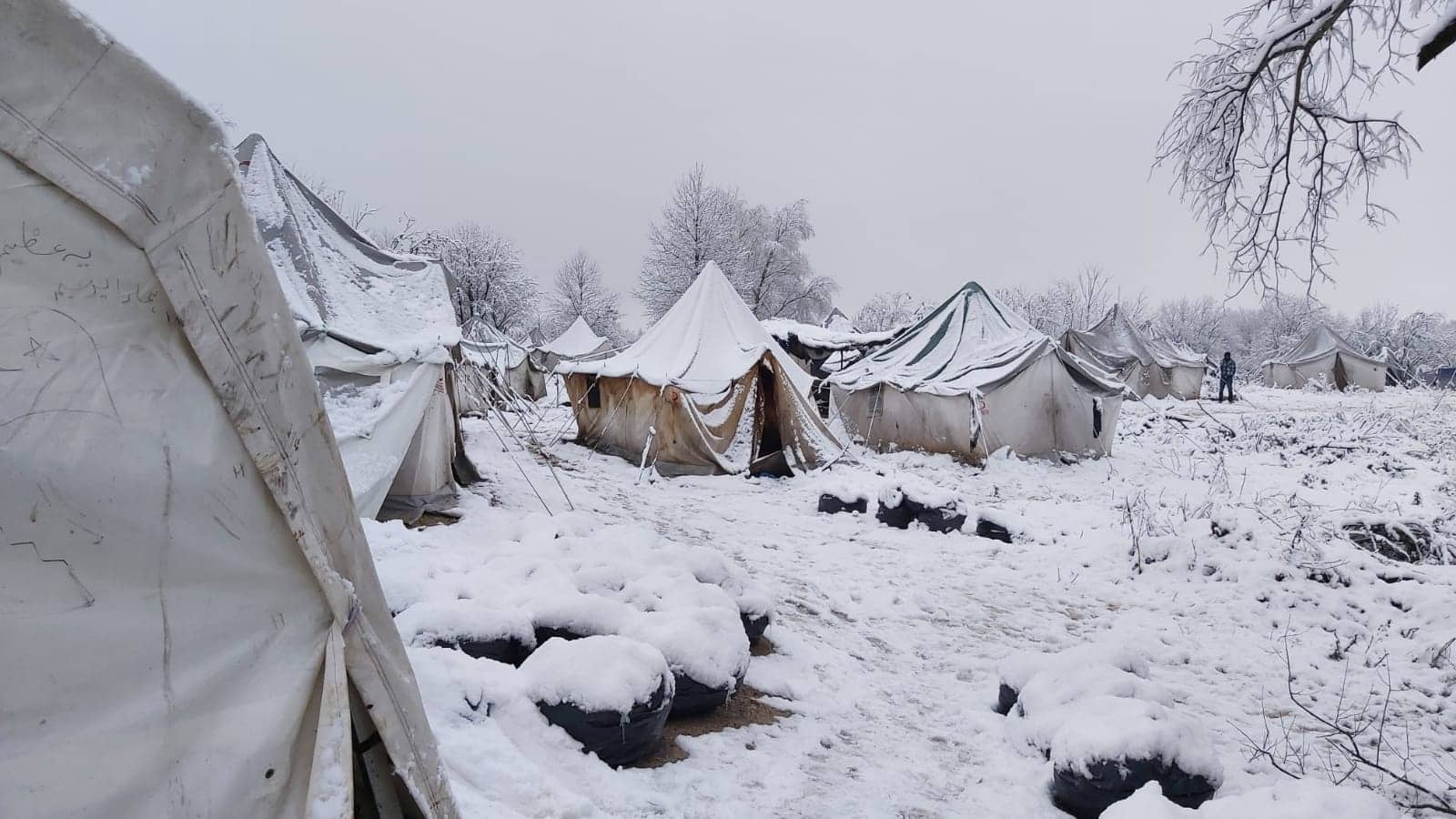
N1 | N1
Više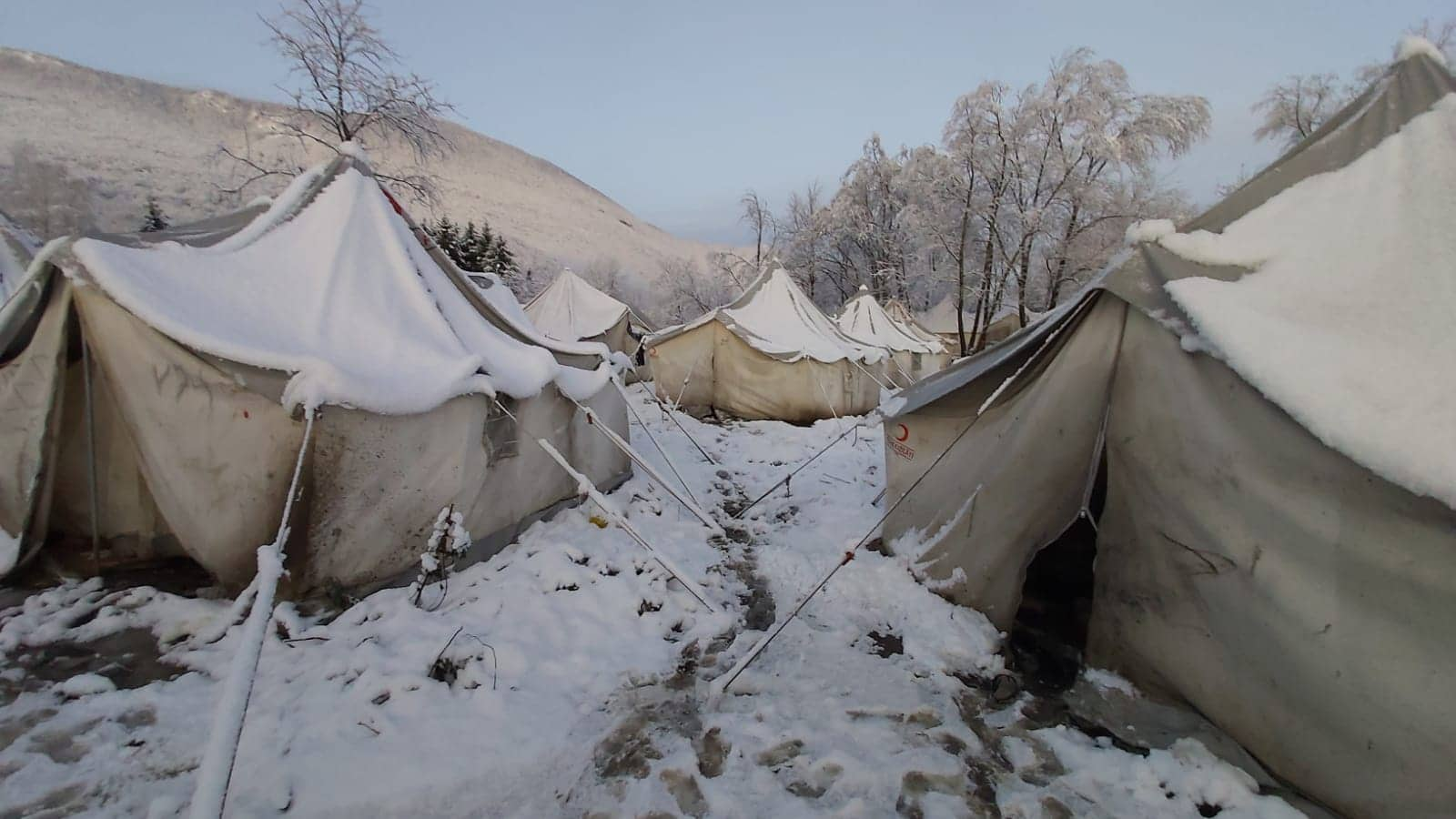
N1 | N1
Više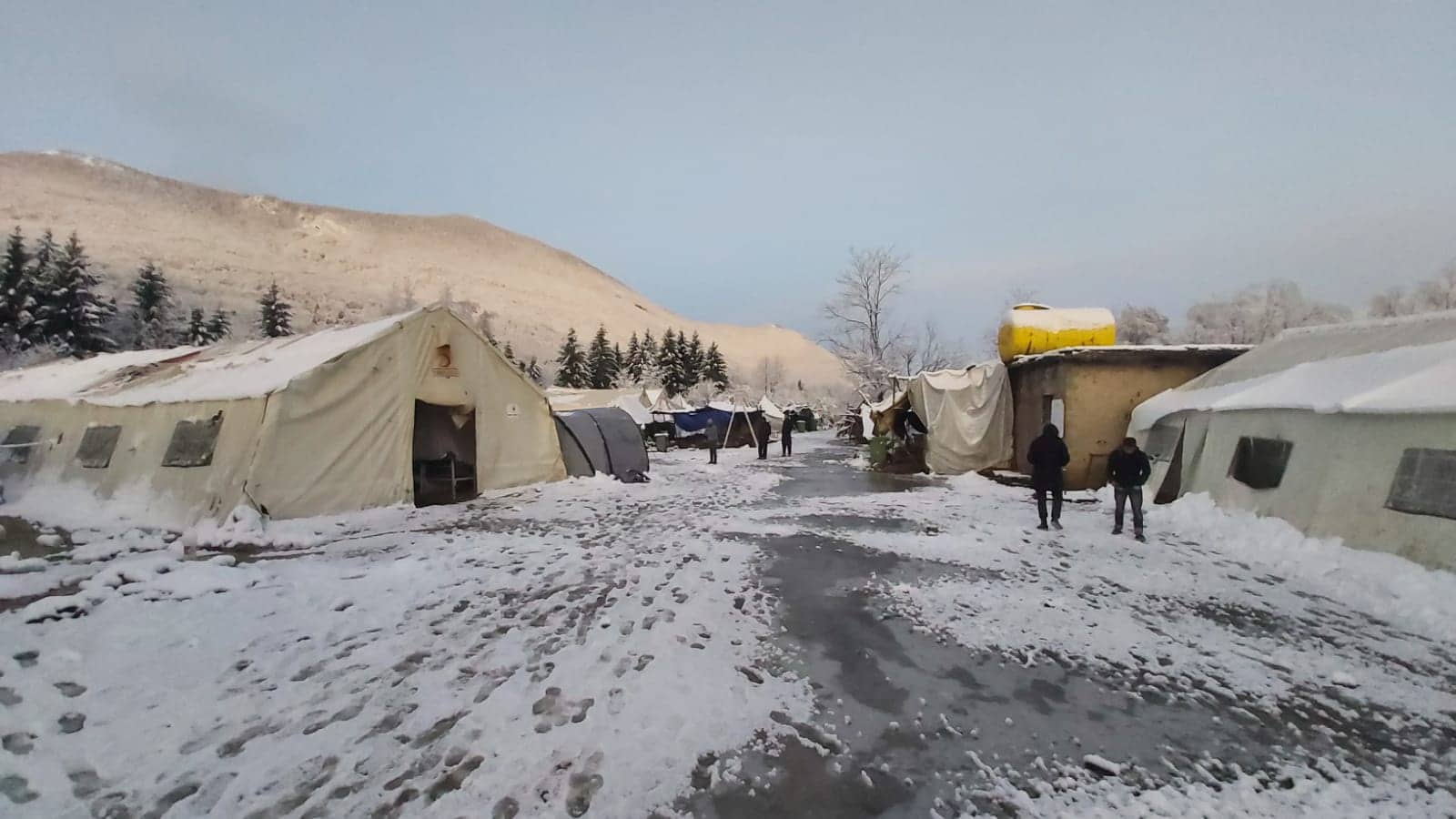
N1 | N1
Više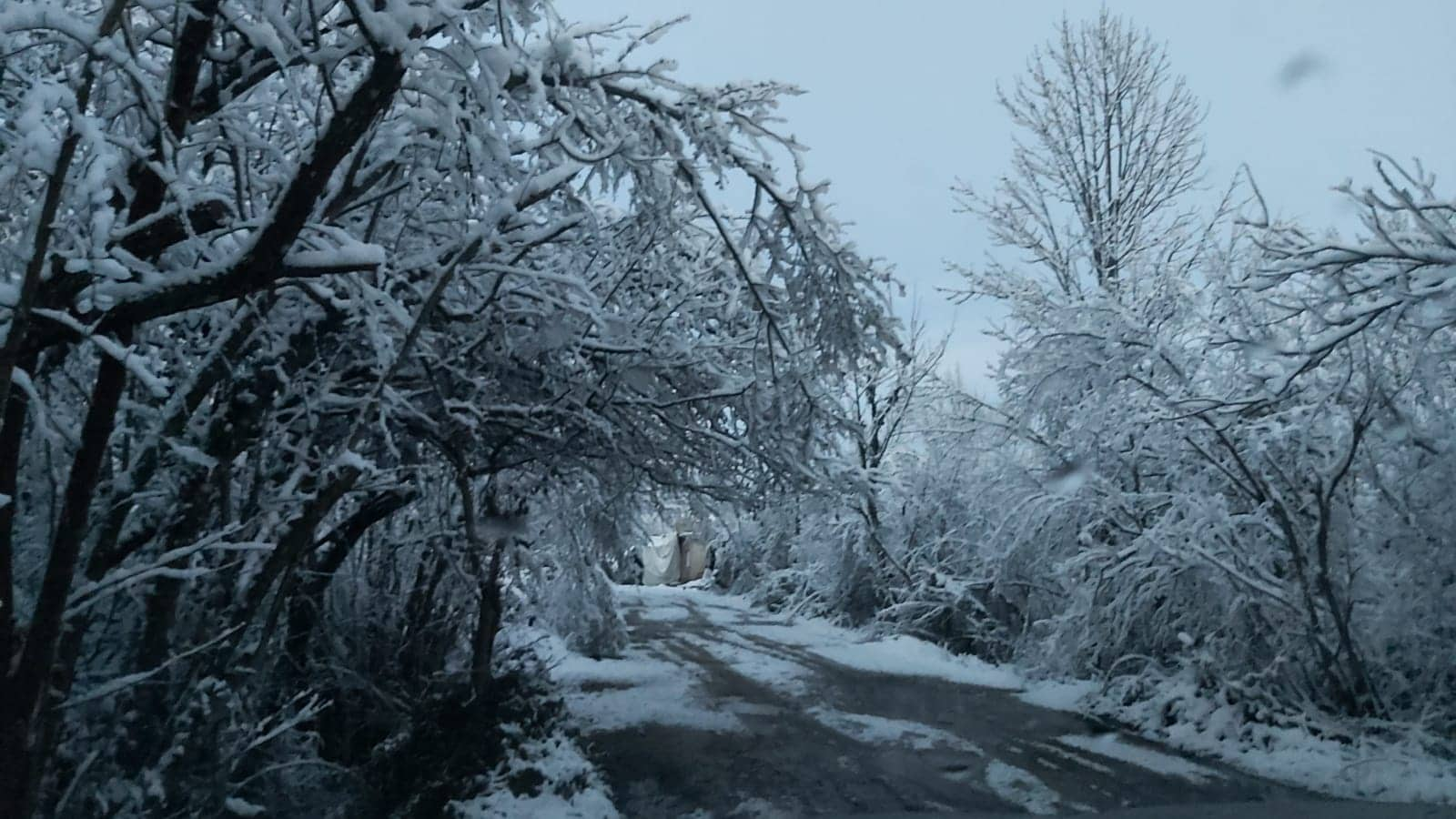
N1 | N1
Više
N1 | N1
VišeKakvo je tvoje mišljenje o ovome?
Učestvuj u diskusiji ili pročitaj komentare
Oglas
Kakvo je tvoje mišljenje o ovome?
Učestvuj u diskusiji ili pročitaj komentare
Oglas
NAJČITANIJE
Oglas
Oglas
Najnovije
Oglas
Oglas





 Srbija
Srbija
 Hrvatska
Hrvatska
 Slovenija
Slovenija



























